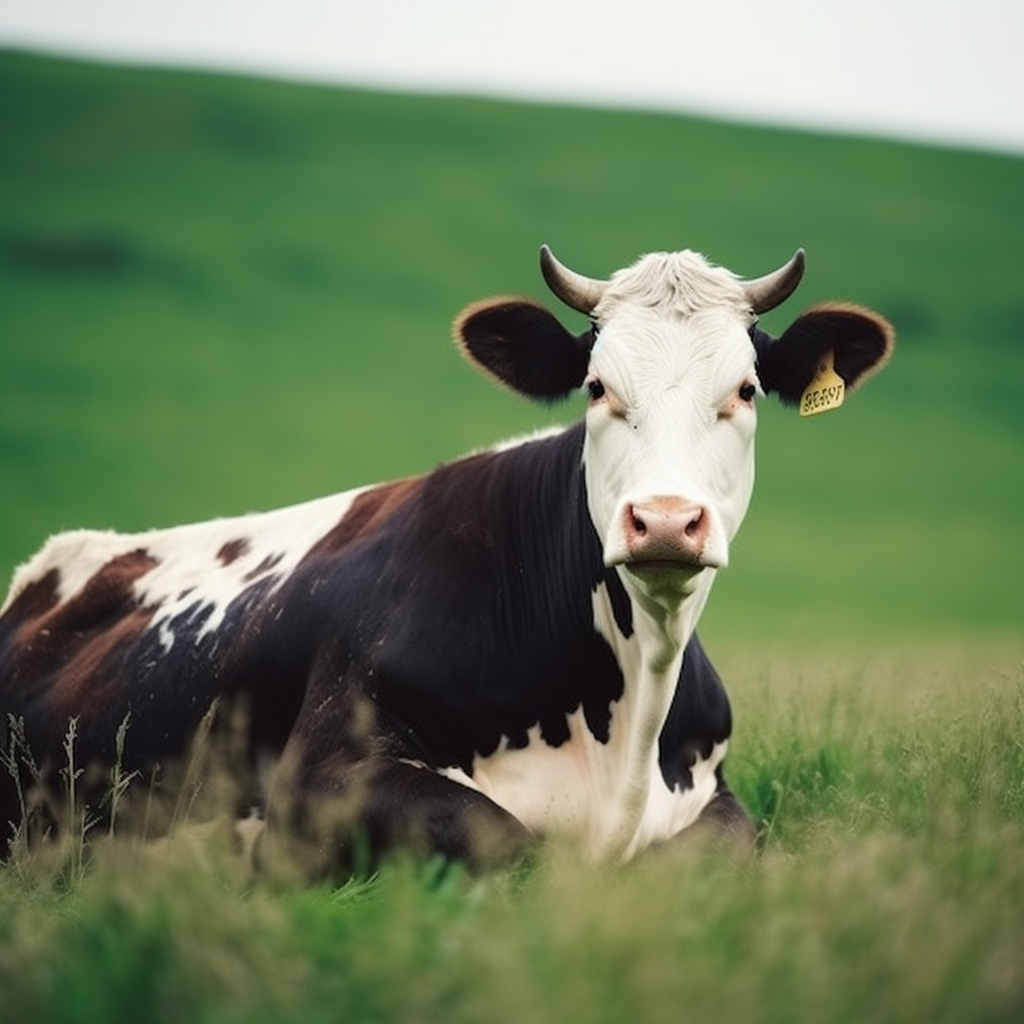July 5, 2023
Bovine Burps and Climate Change – Tackling Methane Emissions from Cows
Book a Demo
Cows, those gentle giants of the animal kingdom, are known for their contribution to the agricultural industry and the production of dairy products and meat. However, what many may not realize is that cows also play a significant role in climate change due to their production of methane gas. In this article, we will explore the reasons behind this phenomenon and the ongoing efforts to reduce cow emissions.
Methane gas, a potent greenhouse gas, is primarily produced by cows through burping. Yes, you read that right – cow burps significantly contribute to the emissions of this harmful gas. In fact, livestock as a whole account for nearly 14.5% of all human-induced greenhouse gas emissions, with cow emissions playing a significant role.
The main cause of methane production in cows is the fermentation of feed in their stomachs, particularly in the rumen. This process leads to the release of methane gas as a byproduct. It is estimated that each cow can emit around 250 to 500 liters of methane gas per day, making it a substantial contributor to climate change.
To address this issue, scientists and researchers are actively exploring various strategies to reduce methane emissions from cows. One approach being investigated involves modifying the cow’s diet. By altering the composition of their feed, it is possible to decrease the production of methane in their stomachs. For example, adding certain supplements or feed additives can help to inhibit the fermentation process, ultimately reducing methane emissions.
Another avenue being explored is genetic selection. By selectively breeding cows that produce less methane, scientists aim to create a more sustainable and environmentally friendly livestock population. This approach could lead to significant reductions in methane emissions without compromising the productivity of the cows.
Furthermore, scientists are also researching the development of vaccines to inhibit methane production in cows. By targeting specific microbes in the rumen responsible for producing methane, these vaccines could potentially provide a long-term and effective solution to reducing cow emissions.
Addressing cow emissions is crucial in mitigating climate change, as reducing methane from livestock can have a more immediate impact compared to reducing carbon dioxide emissions. Methane is a far more potent greenhouse gas than carbon dioxide, although it has a shorter lifespan in the atmosphere. Nevertheless, by curbing methane emissions from cows, we can make a notable difference in the fight against climate change.
The urgency to find solutions to this issue is evident, and scientists are fully aware of the importance of their research. Through ongoing studies and collaboration, they aim to find practical and effective ways to decrease methane emissions from cows.
Cows contribute significantly to climate change through the production of methane gas, primarily through burping. However, efforts are being made to tackle this issue head-on. Strategies such as dietary changes, genetic selection, and the use of vaccines and feed additives are being explored to reduce methane emissions. By addressing cow emissions, we can make a substantial impact on mitigating climate change and creating a more sustainable future.



